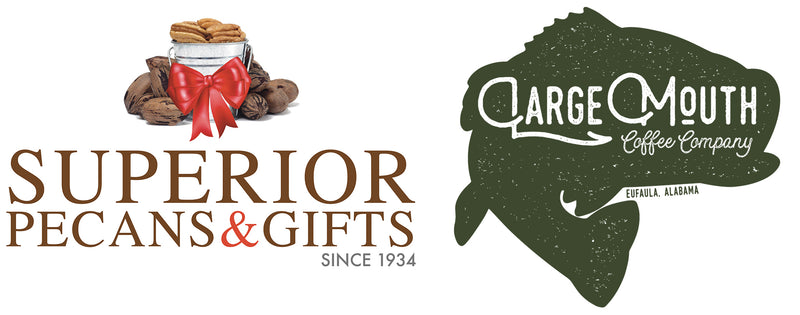Pecan Nutritional FAQ
Pecan Nut
The pecan is a species of the hickory nut which is native to the south central and southeastern regions of the United States, and Mexico. "Pecan" was derived from an Algonquian word - a nut requiring a stone to crack.
Nutrition Facts Pecans
Amount Per 1 cup, halves (99 g)
Calories 684
% Daily Value*
Total Fat 71 g 109%
Saturated fat 6 g 30%
Polyunsaturated fat 21 g
Monounsaturated fat 40 g
Cholesterol 0 mg 0%
Sodium 0 mg 0%
Potassium 406 mg 11%
Total Carbohydrate 14 g 4%
Dietary fiber 10 g 40%
Sugar 3.9 g
Protein 9 g 18%
Vitamin A 1% Vitamin C 1%
Calcium 6% Iron 13%
Vitamin D 0% Vitamin B-6 10%
Vitamin B-12 0% Magnesium 30%
*Percent Daily Values are based on a 2,000 calorie diet. Your daily values may be higher or lower depending on your calorie needs.
Shell to Meat Formula
Here are some easy formulas to convert in-shell pecans to nutmeat:
(all conversions are approximate)
One pound of in-shell pecans will yield 2¼ cups of nutmeat.
Twelve pecan halves will yield 3 tablespoons of chopped nutmeat.
For a pound of nutmeat, you will need 2½ pounds of in-shell pecans.
Handling and Storage of Pecans
In order to help you maintain the highest quality pecan meats, we have developed the following guide to help you understand the best way to handle and store your pecans.
General Information
- Pecans contain a high oil content, and thus are prone to spoilage, or rancidity over time if not stored properly.
- Roasted and candied pecans are even more prone to rancidity as they have been subjected to very high temperatures in the process.
- Pecans should be protected from moisture, light, heat, and oxygen to preserve freshness.
- Pecans can be thawed and refrozen repeatedly without loss of flavor or texture.
- Pecans should not be stored with odorous products such as apples, onions, spices, etc., and should not be stored in facilities cooled by ammonia.
- For best retention of flavor, pecans should be stored under refrigeration. Storage life of the nut is extended by lowering the temperature. The average shelf life for shelled pecans at several storage temperatures is shown below.
Storage Temperature Average Shelf Life
65-70°F 45 days
45°F 6 months
32°F 12 months
20°F 18 months
0°F 2-3 years
Tempering
Proper tempering of frozen pecans is vital to retaining maximum quality of the nut. Frozen pecans should be tempered in a cooler room with temperatures of 36°F - 47°F with relative humidity of 65% - 75% for a period of 72 hours before moving them into room temperature. This will allow any condensation that may form on the pecans to dissipate. If pecans are not tempered properly, the condensation that may form on the pecans will create conditions where mold is likely to develop. Therefore a series of gradually increasing temperatures is desirable.




